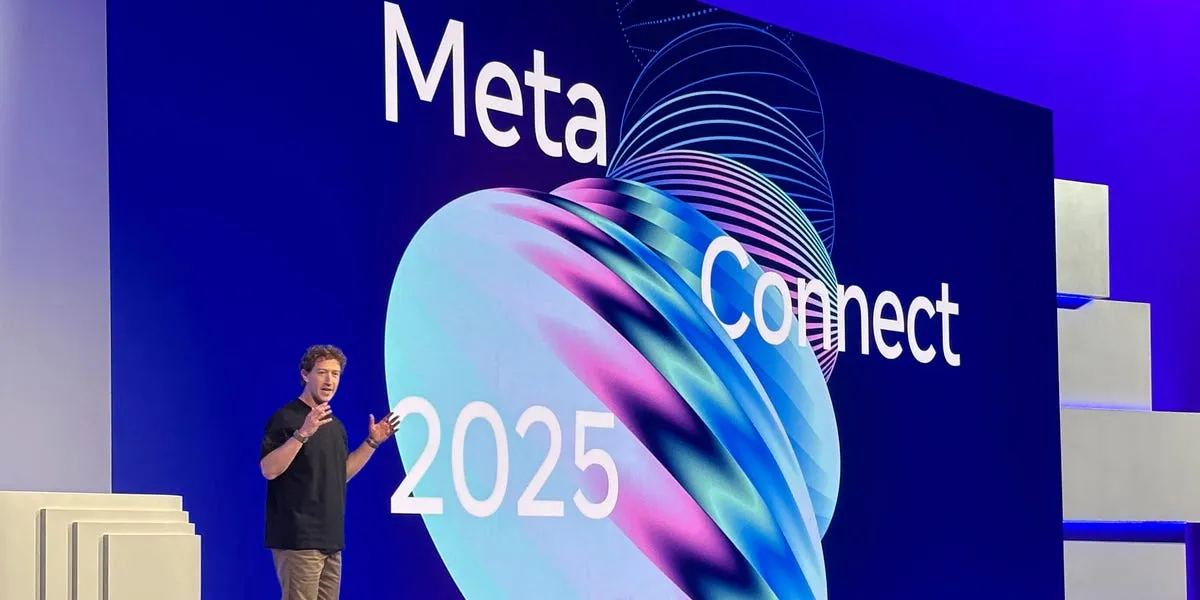
This week, Meta informed employees in its risk division about significant job cuts, a decision driven by advancements in the company's internal technology. According to a report from Business Insider, Michel Protti, the chief compliance and privacy officer of product at Meta, conveyed this news to the employees on Wednesday via an internal memo.
Protti explained that Meta is transitioning from manual reviews to automated processes, which has led to a reduced need for certain roles within the organization. While he did not specify the exact number of positions affected, this move reflects a larger trend within the tech industry, where companies like Meta and Amazon are increasingly relying on automation to enhance efficiency and reduce operational costs.
In the memo, Protti emphasized that the changes are a result of considerable investments in building robust global technical controls over the past few years. He noted that these enhancements have significantly improved Meta's approach to risk management and compliance. By standardizing their processes, Meta aims to deliver more accurate and reliable compliance outcomes.
The restructuring involves a reduction in roles across several departments, including the Product Risk Program Manager, Shared Services, and the Global Security & Privacy (GSP) teams. The GSP team will be merged with the Regulatory Readiness division and the data protection officer's team, rebranding the combined group as Regulatory Compliance Programs. Furthermore, Meta is consolidating work areas in London, where it has established strong leadership and engineering capabilities.
These job cuts come on the heels of another significant layoff, where Meta eliminated 600 positions from its Superintelligence Labs division on the same day. Alexandr Wang, Meta's chief AI officer, mentioned in an internal memo that the company will continue to seek top-tier AI-native talent to accelerate the progress of the Superintelligence Labs.
Meta is also automating various business operations, including its hiring process, which now features AI-assisted interviews and coding assessments. Earlier this year, Meta CEO Mark Zuckerberg indicated that the company anticipates having an AI agent capable of performing the tasks of a mid-level engineer by the end of the year.
In the internal memo detailing the restructuring, Protti acknowledged the challenges posed by these changes and their impact on valued employees. He provided insight into the rationale behind the adjustments, stating, "Over the past few years, we've invested in building more global technical controls... By moving from bespoke, manual reviews to a more consistent and automated process, we've been able to deliver more accurate and reliable compliance outcomes across Meta."
Protti reassured employees that while automation will enhance compliance processes, human judgment will still play a critical role in navigating complex issues. He expressed a commitment to supporting affected employees during this transition, highlighting the importance of open communication and available resources to help them find new opportunities within Meta or beyond.
Meta's recent job cuts in the risk division and the broader trend of automation underscore the company's strategic shift towards operational efficiency. As the tech landscape evolves, Meta aims to maintain high compliance standards while adapting to new technologies. The future of work at Meta will likely continue to be influenced by advancements in technology and AI, reshaping the workforce and operational processes.